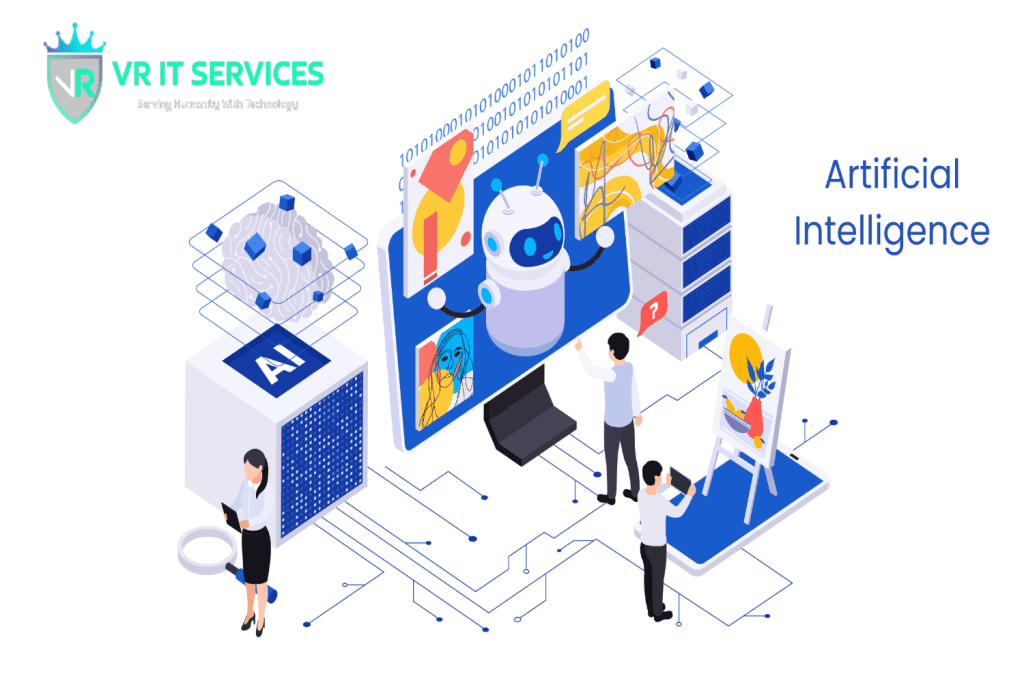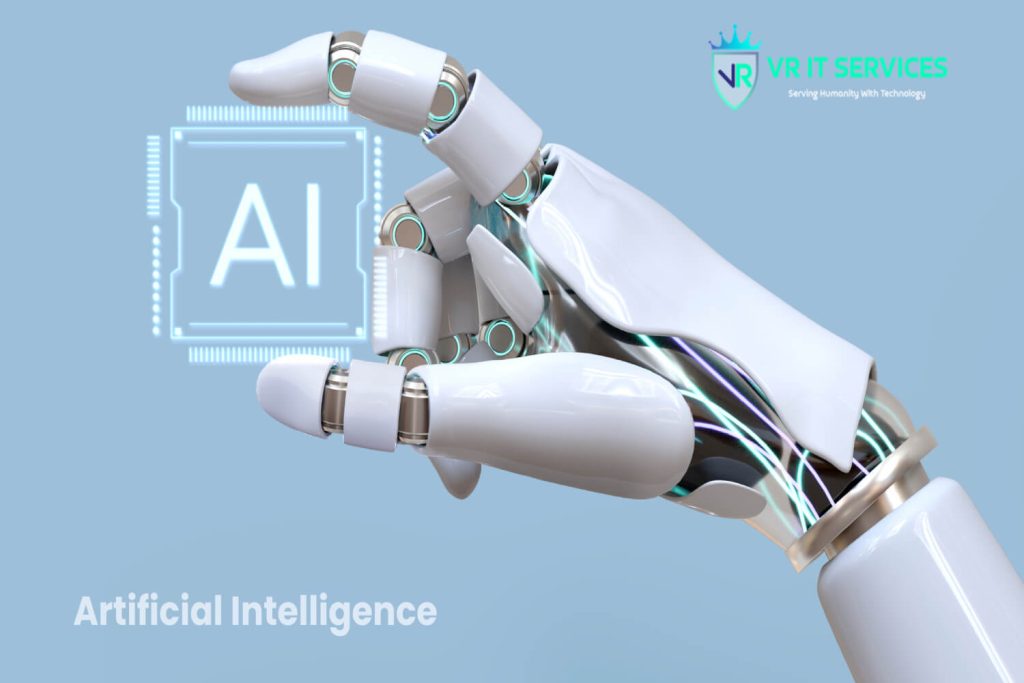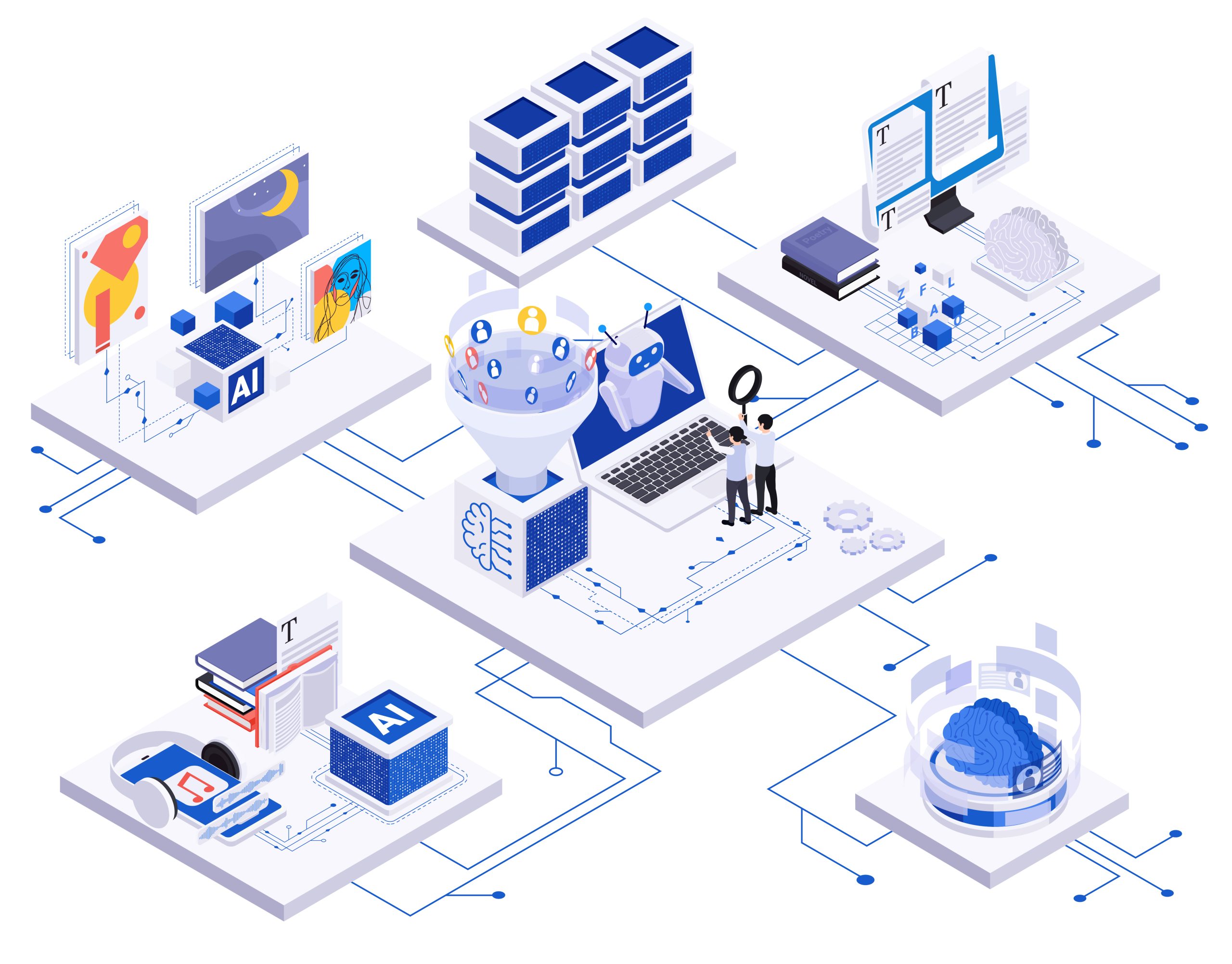Artificial Intelligence (AI) has moved beyond being a futuristic concept, it’s now the backbone of modern enterprises. Among the most practical implementations are AI assistants in business, which streamline operations, automate workflows, and improve decision-making. From small startups to global enterprises, AI solutions for companies are transforming the way industries function.
In this blog, we will explore how AI applications in business are reshaping industries in 2025, with deep insights into business AI use cases, enterprise AI solutions, and AI-powered business tools that drive growth and innovation.

1. The Rise of AI Assistants in Business
What are AI Assistants?
AI assistants are intelligent software agents that use natural language processing (NLP), machine learning (ML), and automation to handle tasks, analyze data, and provide real-time support.
Examples include:
- Chatbots for customer service
- Virtual HR assistants
- AI-powered financial advisors
- Intelligent supply chain managers
Why Businesses Are Embracing AI
Companies are leveraging AI technology for business because it provides:
- Cost savings through automation
- Faster decision-making via predictive analytics
- Enhanced customer experience with personalization
- Scalability across global operations
This makes AI a strategic necessity in modern corporate strategy.
2. Business AI Transformation: Industry Overview
AI’s adoption is not limited to one sector. Every industry now has industry-specific AI applications that enhance efficiency and unlock growth.
Finance
AI in finance is reshaping investments, fraud detection, and compliance. AI assistants provide:
- Automated financial reporting
- Robo-advisors for personalized investment guidance
- AI-driven fraud prevention systems
Keyword integration: AI for business efficiency in finance helps reduce risks and increase profits.
Healthcare
AI assistants in healthcare support doctors, manage patient data, and enhance diagnostics.
- Virtual nursing assistants
- Predictive disease detection
- Medical image analysis
This AI innovation in business saves lives while cutting costs.
Retail & E-Commerce
AI assistants personalize shopping and streamline inventory management.
- Personalized product recommendations
- Chatbots for customer queries
- Demand forecasting with AI
Retailers are investing in AI-powered business tools to remain competitive.
Manufacturing
AI-driven automation boosts productivity:
- Predictive maintenance of machinery
- Quality control with AI image recognition
- Supply chain optimization
Here, business automation with AI maximizes efficiency and reduces downtime.
Logistics & Supply Chain
AI assistants optimize routes, manage warehouses, and predict disruptions.
- Route optimization systems
- Smart inventory planning
- AI in warehouse robotics
This shows the power of AI-driven business solutions in global trade.
Education
AI applications in education enable personalized learning.
- Virtual teaching assistants
- Automated grading systems
- AI-based learning analytics
Education institutions use AI business integration to deliver student-centered experiences.
Real Estate
AI assistants help investors and agents:
- Property valuation models
- AI chatbots for customer queries
- Predictive analytics for housing trends
This enhances business AI transformation in property markets.
3. AI Business Strategies: From Planning to Execution

To harness AI systems for companies, organizations must align AI with corporate strategy.
AI Implementation Steps
- Assessment: Identify pain points
- Selection: Choose the right AI tools for business
- Integration: Align with existing workflows
- Training: Prepare employees
- Evaluation: Measure ROI
AI Consulting for Businesses
Many organizations partner with AI consulting for businesses firms to create tailored AI roadmaps. This ensures smooth business AI transformation with measurable outcomes.
4. Enterprise AI Solutions vs. AI for Small Businesses
Enterprise AI Solutions
Large corporations use enterprise AI solutions for global supply chains, financial forecasting, and risk management.
AI for Small Businesses
Even small businesses benefit from AI for small businesses:
- AI-driven marketing automation
- Virtual bookkeeping assistants
- Chatbots for customer support
This levels the playing field by making AI technology for business accessible to all.
5. AI-Powered Business Tools & Automation
Automating Business Processes with AI
AI can automate:
- Data entry
- Customer service responses
- HR onboarding processes
This reduces costs and frees human employees for strategic work.
AI-Powered Business Tools in 2025
- CRM AI assistants for customer management
- HR AI assistants for recruitment
- Finance AI assistants for tax & audit compliance
These tools illustrate technological innovation with AI in action.
6. Challenges of AI in Business
While AI applications in business offer advantages, challenges remain:
- Data privacy and compliance issues
- High implementation costs
- AI integration complexity with legacy systems
- Employee resistance to automation
Businesses must design AI adoption strategies to overcome these barriers.
7. Future of AI in Industry: Trends for 2025 and Beyond
AI technology trends in business include:
- Generative AI for content creation
- Conversational AI for customer engagement
- AI in corporate strategy to guide long-term planning
- AI innovation in business with cross-industry collaboration
The future promises smarter, scalable, and more ethical AI-driven business solutions.
8. AI’s Impact on Industries: Case Studies
AI in Retail: Walmart & Amazon
Both companies use AI to forecast demand, optimize supply chains, and personalize shopping.
AI in Finance: JPMorgan Chase
Their AI assistant “COiN” analyzes contracts in seconds—something that took humans hours.
AI in Healthcare: IBM Watson Health
Used for diagnostics and treatment recommendations.
These examples show AI’s impact on industries across multiple domains.
Conclusion
The integration of AI assistants in business is not just a trend, it’s the future. From AI business strategies in large enterprises to AI for small businesses, the technology is unlocking unprecedented opportunities.
Whether it’s automating business processes with AI, driving AI business transformation, or adopting industry-specific AI applications, one fact is clear: AI innovation in business will define competitive advantage in 2025 and beyond.

